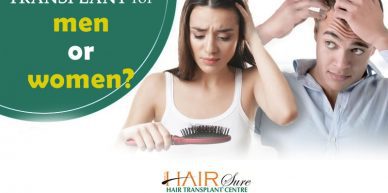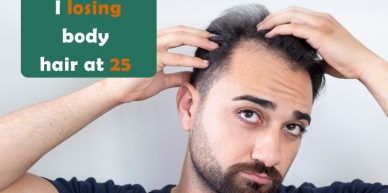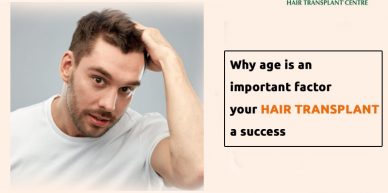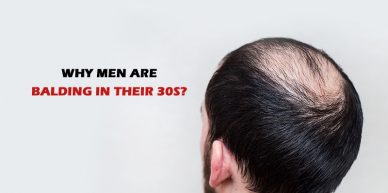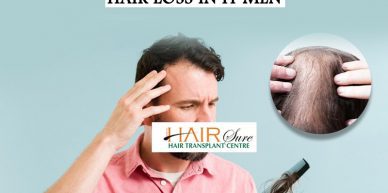Hair transplants are a cosmetic procedure for both men and women experiencing hair loss, often due to hereditary male or female pattern baldness. Hormonal changes, medical conditions, or trauma can also cause hair loss. The procedure involves taking hair follicles...
8 Reasons behind Hair Loss in College students
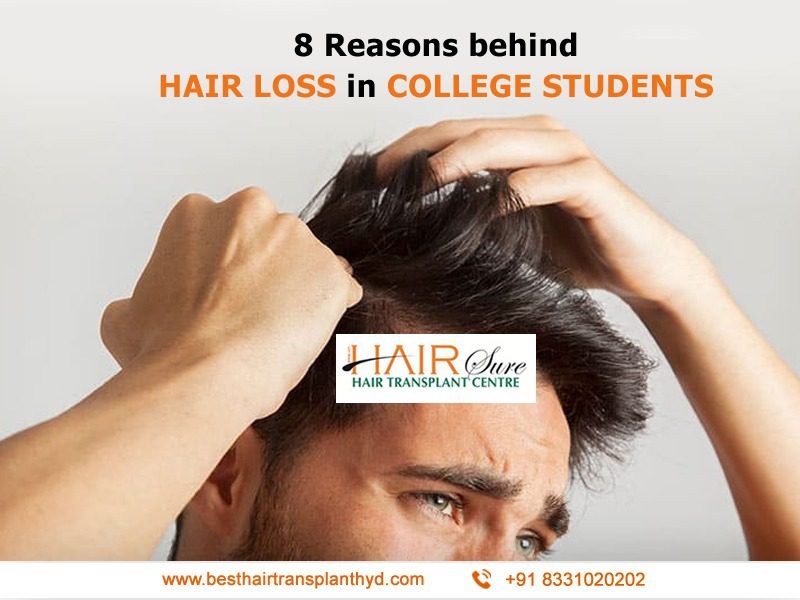
Busy schedules can hinder healthy eating habits, leading to students relying on junk food as a quick and convenient option. This can lead to nutritional deficiencies, impacting overall health, hair, and mental well-being. Junk food is high in unhealthy fats and sugars and low in essential nutrients, making it a less healthy option. Poor dietary habits, including excessive junk food consumption, can negatively impact overall health, including hair health. Bad eating habits among students can lead to hair loss due to nutritional deficiencies, which negatively impact hair growth and contribute to hair loss. Nutrition is crucial for overall health.
College students experience hair loss due to various factors:
- Stress: College stress can disrupt the hair growth cycle, causing temporary hair loss due to academic pressures, exams, deadlines, and social obligations.

- Poor nutrition: College students may have irregular eating patterns, rely on processed foods, and not prioritise a balanced diet, affecting hair health and potentially causing hair loss.
- Hormonal changes: College years often coincide with hormonal changes, leading to hair loss in males and females due to imbalances like PCOS or fluctuations.
- Hairstyling practices: Frequently using heat styling tools, tight hairstyles, and chemical treatments can damage hair follicles, causing hair loss and damage.

- Lack of sleep: Irregular sleep patterns disrupt body functions, including hair growth, and can contribute to hair loss or worsen existing conditions.
- Medications or treatments: College students may experience hair loss from medications like antidepressants, acne, and birth control, and medical treatments like chemotherapy can cause temporary or permanent hair loss.
- Underlying medical conditions: College students may experience hair loss due to thyroid disorders, autoimmune diseases, scalp infections, or nutritional deficiencies, impacting hair health and contributing to hair loss.
- Genetics: Family history influences hair health, with a history of hair loss or pattern baldness potentially affecting hair health even during college.
Hair loss causes vary, so consult a healthcare professional or dermatologist for a proper evaluation. They can identify the underlying cause, provide guidance, and offer treatment options.
Preventive tips for hair loss in college students:
Maintaining healthy hair in college requires good care, a balanced diet, and stress management:
- Follow a balanced diet: A nutritious diet rich in fruits, vegetables, whole grains, lean proteins, and healthy fats supports hair health and growth.
- Stay hydrated: Maintain daily water intake for optimal hair and skin health.
- Avoid excessive heat styling: Minimise heat styling tools usage and apply heat protectant for safety.
- Use gentle hair care products: Choose hair-specific shampoos and conditioners, avoid harsh chemicals, and avoid damaging hair.
- Avoid overwashing of hair: Daily hair washing can strip natural oils, causing dryness and damage. Instead, aim for 2-3 weekly or as needed.
- Protection from sun and environmental damage: Protect hair from harsh environmental elements like wind and pollution by wearing a hat or scarf when exposed to sunlight.
- Avoid tight hairstyles: Avoid tight hairstyles that pull on hair, as they can cause breakage.
- Get regular trims: Regular trims prevent split ends and maintain healthy hair length.
To minimise breakage, gently detangle hair with a wide-tooth comb, starting from the tips.
Manage stress through exercise, meditation, and hobbies to prevent hair loss:
- Get enough sleep: Maintain a consistent sleep schedule for overall health.
- Avoid smoking and excessive alcohol: Smoking and alcohol consumption negatively impact hair health.
- Use hair supplements: Consult a healthcare professional about hair supplements for nutritional deficiencies.
- Treat scalp conditions promptly: Promptly address issues like dandruff and itching with appropriate treatments.
- Consult a professional: Consult a dermatologist or trichologist for a personalised evaluation and advice on hair loss or health concerns.
Maintain healthy, vibrant hair throughout college by prioritising hair care and focusing on overall well-being. Caring for the body and mind contributes to healthy hair growth and appearance.
Small changes in eating habits can significantly improve overall health and hair health. Prioritising nutrition in college can lead to positive outcomes. Seeking guidance from healthcare professionals or registered dietitians can help address hair loss concerns and provide personalised advice based on individual needs and lifestyles.
At Cyber HairSure, we are dedicated to a policy of offering patients unmatched services. At Cyber HairSure Advanced Hair Transplant Clinic, all of your hair-related worries can be expertly resolved, and you can rest assured that your smiles won’t flinch again. Enter Cyber HairSure and exit with the desired appearance.
Cyber HairSure can assist in determining the precise reason for hair loss and offer suitable treatment solutions that are suited to the requirements of the individual. Always consult a medical expert when you have questions about your health. Always consult a medical expert when you have questions about your health.
We at Cyber HairSure, are committed to providing matchless services to all our patients. All your concerns regarding hair problems can be flawlessly sorted at Cyber HairSure Advanced Hair Transplant Clinic, guaranteeing that you will be left with smiles that won’t fall again. Walk into Cyber HairSure and walk back with the look that you desire. Call 040 49540202 / 8331020202 or email us at cyberhairsure@gmail.com to book your consultation. Visit our website, Hair Transplant Clinic, to know more.




